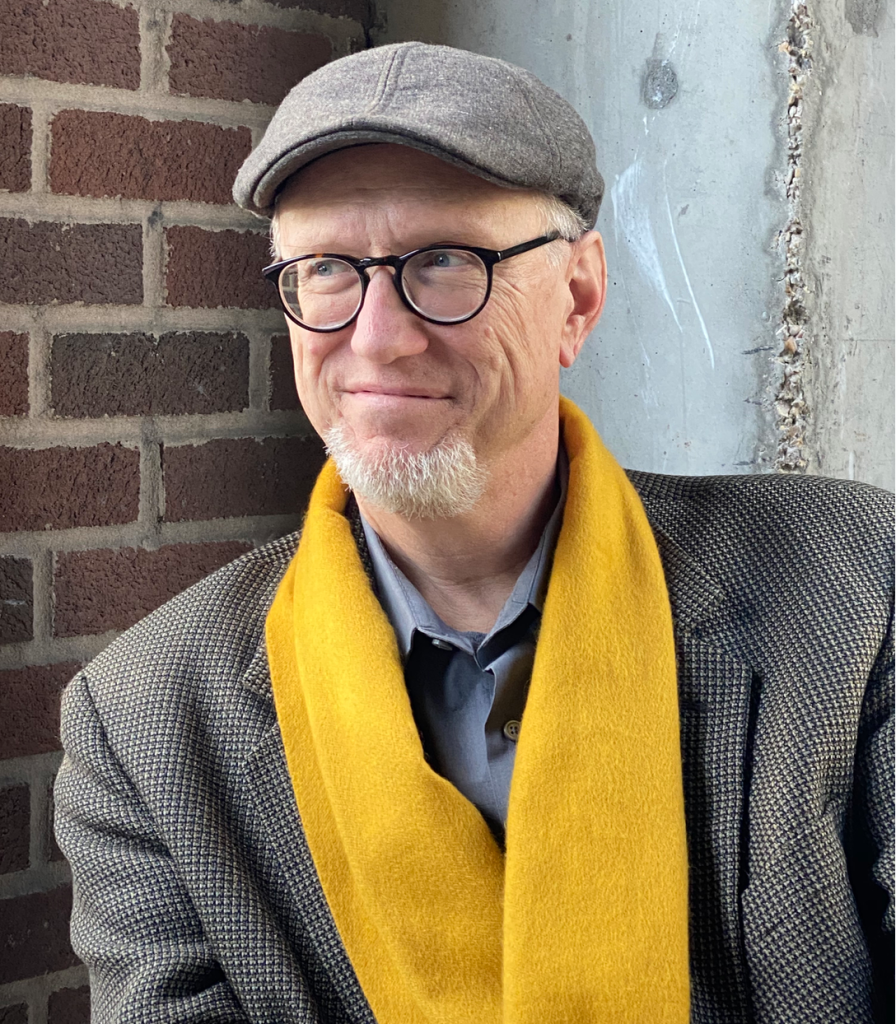Welcome to ‘Between the Lines’ – interviews with teachers, writers and writing teachers on aspects of their craft. This week, a conversation with lauded paranormal and contemporary romance writer Rosanna Leo that explores the intricacies of world building.
In magical realms
It is Sunday afternoon. Outside Rosanna Leo’s home (not far from Toronto, Ontario) the leaves have turned. “Just a couple of weeks till the beginning of winter,” she remarks. “It’s long here: cold, snowy.”
Perfect weather, that is, for staying indoors with a good book: perhaps a volume or two of Leo’s Darke Paranormal Investigations or Handyman trilogies; or her Vegas Sins series.
Leo writes to transport her readers into magical realms. As a child, she whiled away hours daydreaming in her bedroom. “I thought I could get to Narnia through the back of the wardrobe,” she chuckles.
Although no longer so literal-minded about the power of fiction, Leo still believes a story can and should be transcendent.
“As a kid, I reread the Chronicles of Narnia every year, which entrenched my love of mythological figures and fantastical creatures. Classic ghost stories were my bedtime stories. Once I started exploring the world of romance — Robyn Carr, Erin McCarthy, Kathy Love — something clicked: romance, that’s where I wanted to be.”
The path to writing
Bookworm though she was, Leo had only a brief brush with writing in her school days. On a teacher’s prompting, she entered a Royal Legion contest with a story about her veteran grandfather’s post-traumatic stress disorder: “The family would say, ‘he’s having his nightmares’.”
She won.
“I was the only person in my family, up till now, who has ever shown any interest in writing,” she muses. Which may account for the Royal Legion story being the “first — and for quite a few years the last” time she wrote with intent.
Leo earned a BA in English literature, but another art form won her over. After her undergraduate degree, she completed a three-year diploma in a classical singing and spent several years performing with a chamber ensemble, in addition to her day job.
It was while on maternity leave with her first child that Leo began to write again. “My son was a good napper, so I started scribbling, then, after plugging away for a while, I had a novel in front of me. It was terrible,” she laughs. “This sprawling, epic story with ghosts, demons, the kitchen sink.
“I sent the manuscript to Harlequin then waited many, many months for the form rejection letter to come in the mail. It was good to get. It was important to know I could move on from there.”
After a few years of working and re-working, Leo submitted another manuscript. This one was accepted. “It was the biggest high I’ve ever experienced.
Since then, she has combined her full time job as an acquisitions assistant at a local library with writing award-winning romance novels. “It’s the stories that keep me going. I love coming up with characters. I love creating worlds.”
On world building
What is world building?
You are creating the backdrop to your story. You might think of the Game of Thrones series, with different countries and mythologies. But world building can be simpler than that; it doesn’t have to have a fantastical element.
I often write about places I know and historical moments. I think of world building even if I’m writing something with no paranormal or fantasy aspects. It’s what brings that book to life.
What is essential for creating a coherent world?
When you’re creating a new world, even the tiny details have to be vivid. You don’t have to go on for pages talking about what the curtains look like, but you need details to put the reader in that world. Also, if there is anything about the people who inhabit the world, especially in the case of fantasy, you have to break that down. What do animals look like? How do people speak?
What tools do you use to plan?
Research is vital. The basis of the Darke stories’ worlds is: what moments had repercussions that lasted into the future? They are based on historical incidents, so I’m researching those periods, what happened, what impact things had on the current time-frame and modern characters.
How do you research?
It’s handy I work in the library and have a lot of resources at my fingertips. Inter-library loan is my best friend. You can find materials from other systems, things that are very specific. There is [also] a lot of great stuff via Google. For me, researching Canadian historical moments, there are great archives online.
To maintain consistency across your novels?
At the beginning of a series, I determine who the characters are going to be, write thorough character sketches and carry them from book to book. If I mention something about a character, I make sure I can access it throughout the story. Readers are savvy. They will remember [errors] and call you out! You need to get it right.
How does world-building interact with characterization?
It’s huge. There will be things a character can or can’t do, depending on the world they live in. Even in realistic worlds, you have to think about what will make sense.
What are common mistakes authors make in world building?
As we talked about, not keeping track of certain types of information – changing things down the road could be jarring for the reader.
Are writers over- or under-ambitious?
There is a fine line between providing the right amount of detail and too much. If I open up a book and the author goes on for 12 pages about the curtains, I’ll get out.
Who are a couple of writers who world build well?
Scarlett Peckham, who writes historical romance. Catherine Stein: great steam-punk/sci-fi/paranormal. Paulette Kennedy and Hester Fox – both Gothic writers – do world building really well: great attention to detail, very immersive.
Leo recommends
The piece of writing that changed your life before age 18?
Jane Eyre by Charlotte Bronte. When I was 12 I thought it was very romantic. I don’t look at it through the same lens any longer, but it started my love of romance.
The piece of writing that changed your life as an adult?
The Tenant by Katrina Jackson. It’s a wonderful ghost story with all the creepy elements, a gothic feel, but she also talks about racism in an effective and moving way. It’s a short novel, but she packs so much in. Everyone should read her work.
A book about writing every aspiring writer should read?
On Writing by Stephen King was very helpful. Leigh Michaels’ Writing the Romance Novel – I keep a copy in my basement and have reread it many, many times.
A living writer you’d love to hang out with?
Anise Eden. We’ve been friends online for years, but we’ve never been able to meet up. Her books are fantastic. We became mutual fans before we got to know each other. Now, I’m honoured to say she’s my friend.
Your perfect writing space?
I like silence. I won’t go to a coffeeshop, don’t like a playlist in the background. Just a room in my house where I can get into mischief in my head.
What non-writing pursuits feed your writing?
My husband and I like to explore the small towns around us. I love walking around an old cemetery trying to figure out, who were these people? That starts a lot of stories in my mind. For writers, it is easy to be solitary, to retreat, but it’s important for me to get out there, experience life, ask questions.
What’s next?
My series Darke Paranormal Investigations – which is set here in Ontario. It stars three sisters who are all paranormal investigators; the first two [novels] are out and have been really well received. The third book is out in March 2024.
Connect
- Web: Rosanna Leo Author
- Newsletter: Sign up
- Instagram: rleoauthor
- Threads: rleoauthor
- BookBub: rosanna-leo
































